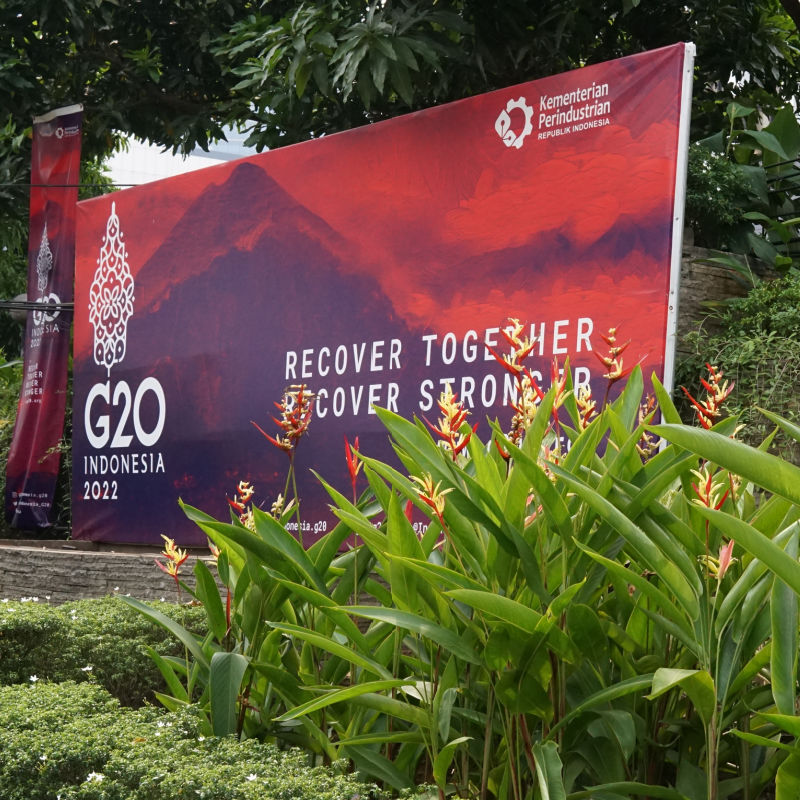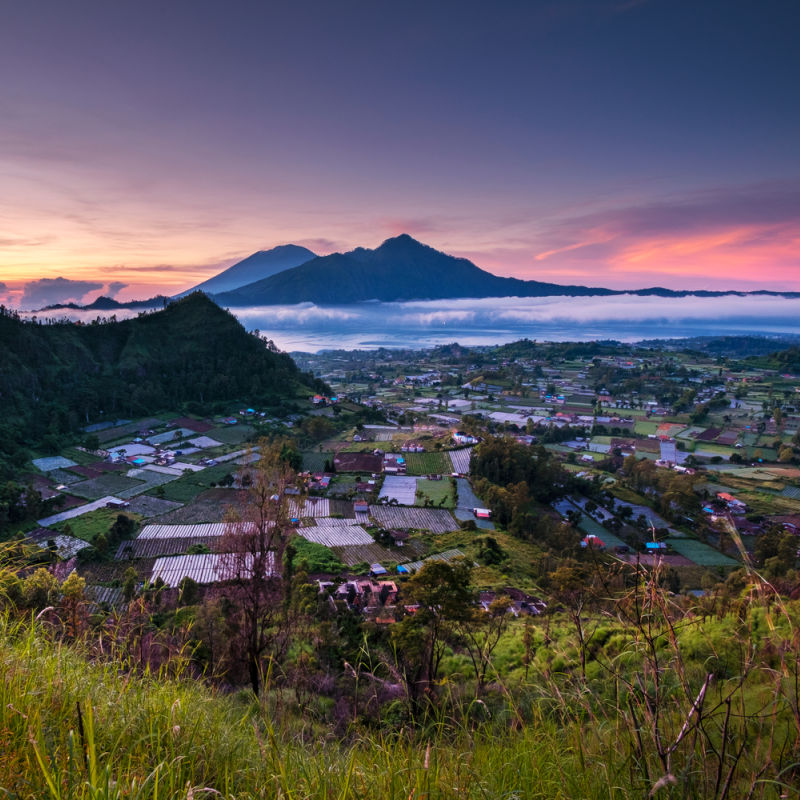Indonesia Considering Digital Nomad Visa Offering 5 Year Stays In Bali
3 min readBali is the world’s digital nomad capital. From influencers to vloggers, from social media managers to remote workers across all sectors and industries, the Island of the Gods is a top pick as a home away from home for digital nomads.


At present, it is difficult for digital nomads to stay in Bali long term. They must either find a way to become employed or set up a business or non-profit organization. They then must go through the costly and arduous process of obtaining a KITAS visa which is a type of temporary residence visa.
Alternatively they must enter Indonesia on a social or visitors visa which last just 60-days at a time with an extension. This creates a grey area for many, including immigration staff.


Before the pandemic, Indonesia was weighing up creating a 5-year remote working visa, especially for digital nomads. The discussion was put on hold when Covid-19 struck but as the pandemic draws to a close the topic is up for consideration once again.
This news comes as the new Australian Prime Minister Anthony Albanese arrives in Java to meet with Indonesia’s President Joko Widodo. Topics for discussion include trade partnerships, climate change, and a reciprocal visa agreement that would benefit both Australian and Indonesian travelers.


Perhaps the most significant aspect of the remote worker visa is that digital nomads would not be required to pay tax in Indonesia, provided that their income was being generated overseas.
If revenue of any kind were to be generated within Indonesia then the individual would need to apply for a business KITAS or the D212 Multiple Entry Visitor Visa which allows travelers to conduct work-related activities, visit family, and friends, and travel as a tourist.


The remote working visa has been confirmed to be being discussed by Indonesia’s Minister for Tourism, Sandiaga Uno. Speaking to the South China Morning Post he said ‘…Now with the pandemic handled and all the ministries getting involved and cooperating from the health side to the immigration office, we believe that this is an opportune time to relaunch this idea”
He went on to explain how Bali is experiencing a unique and exciting juncture. He spoke of Bali’s opportunity to transition into a new kind of destination “In the past, the three S was: sun, sea, and sand. We’re moving it to serenity, spirituality, and sustainability. This way we’re getting better quality and better impact to the local economy’.


This visa overhaul may come around quicker than initially anticipated. With the G20 Summit approaching and world leaders from governments and industries heading to the island to discuss the future of tech, trade, and global policy, the Indonesian government is being presented with the perfect opportunity to present such a landmark initiative to the world.


A digital nomad visa would lure tens of thousands of remote workers to Bali, and to Indonesia as a whole. This would bring tremendous economic benefit to regions that are already geared towards the needs of international visitors. It would also support new digital nomad hotspots to be created. Areas like Lombok, and many more rural parts of Java and Sumatra have the internet infrastructure but not the international investment that Bali has.


Speaking of Uno’s vision of serenity, spirituality, and sustainability, this is what many remote workers are looking to achieve more of in their working style. There is a global shift towards remote working and the benefits to workers’ mental health and business’ profits are telling.
Should Indonesia launch a digital nomad visa it would be one of the first countries in South East Asia to do so. Thailand have been trying to implement a remote worker visa for a few years but is yet to launch. The visa category is increasing in popularity across Europe, though many require workers to prove a minimum income and pay tax locally.



